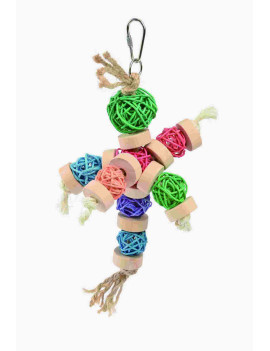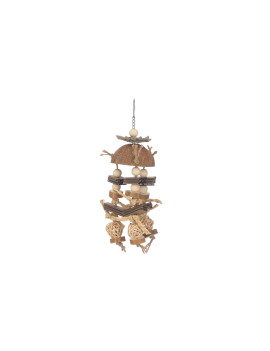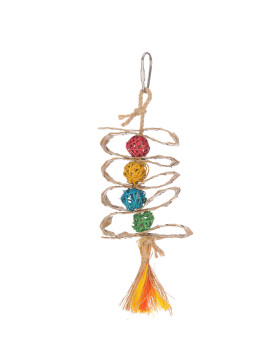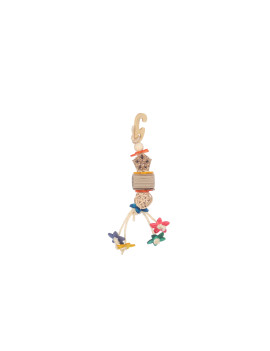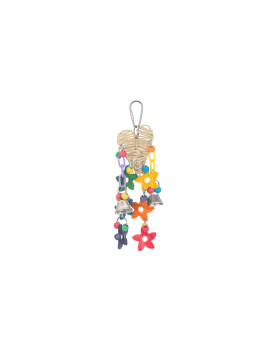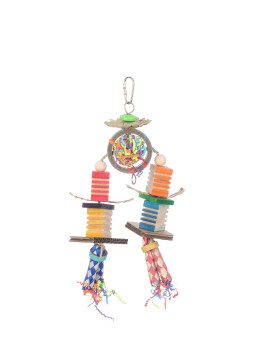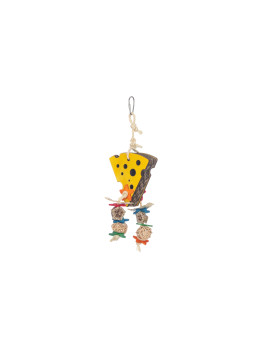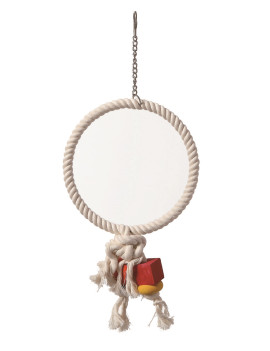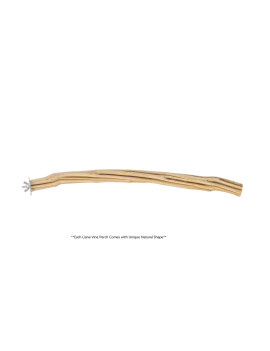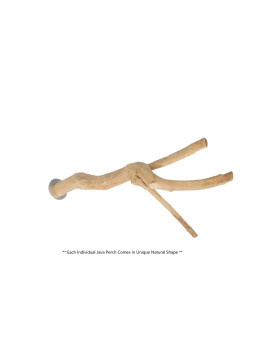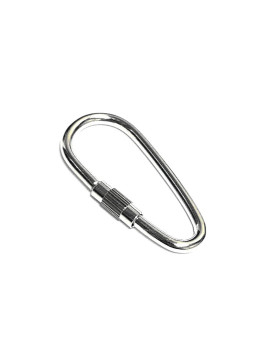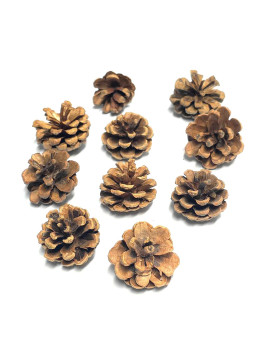Thinking about getting your first parrot? Choosing the right species is the key to a happy experience for both you and your bird. Here’s a guide to the best parrots for beginners and what makes them unique.
1. Budgerigar (Budgie)
Budgies are one of the most popular pet birds in the world—and for good reason. They’re small, social, and full of personality. Their gentle nature and low-maintenance care make them perfect for first-time parrot owners.
Pros:
- Small, affordable, and easy to care for
- Playful, friendly, and easy to tame
- Can learn words and phrases with regular training
Cons:
- Shorter lifespan (8–12 years)
- Requires daily interaction to stay social
- May become bored without mental stimulation
Budgies thrive on companionship and activity. Provide toys, mirrors, and out-of-cage time to keep them happy and healthy.
2. Cockatiel
Cockatiels are known for their charming personalities and expressive crests. They love to whistle, interact with their owners, and adapt easily to household life.
Pros:
- Gentle, affectionate, and social
- Excellent whistlers; can mimic tunes and simple words
- Easy to train and bond with
Cons:
- Produces fine feather dust, which may trigger allergies
- May vocalize loudly when seeking attention
Cockatiels are ideal for families and individuals looking for a calm and loving companion without the intensity of larger parrots.
3. Conure
Conures are small parrots with big personalities. They are playful, affectionate, and slightly mischievous, making them delightful companions for those who can offer daily interaction.
Pros:
- Hardy, not easy to get sick
- Loyal, cuddly, and intelligent
- Long lifespan of up to 25–30 years
Cons:
- Can become nippy if ignored
- Needs daily enrichment and out-of-cage time
Their curious nature and clownish behavior make them one of the most entertaining small parrots to own.
4. Quaker Parrot (Monk Parakeet)
Quaker parrots, also called monk parakeets, are clever, talkative, and full of energy. They love learning tricks, mimicking words, and becoming part of the household routine.
Pros:
- Excellent talkers and fast learners
- Highly intelligent and curious
- Adaptable and interactive
Cons:
- Can become territorial around their cage
- Can become one-person bird, mean sometimes they only bonded with one person
If socialized properly, Quakers become loyal companions with big personalities in compact bodies.
5. Lovebird
Lovebirds are known for their bright colors and affectionate natures. Despite their small size, they have bold, playful attitudes and thrive with regular human contact.
Pros:
- Vibrant, energetic, and fun to watch
- Small and easy to house
- Hardy and active
Cons:
- Can be territorial, especially in pairs
- Not all lovebirds talk; requires patient handling
Single lovebirds often bond deeply with their owners, while pairs may bond more strongly with each other.
6. Meyer’s Parrot (or Senegal Parrot)
Meyer’s parrots, along with their close relatives the Senegal parrots, are calm, quiet, and affectionate—making them ideal for apartment living.
Pros:
- Gentle and quiet
- Easy to handle and affectionate
- Moderate talking ability
Cons:
- Can be shy around new people
- Needs regular interaction to stay tame
These birds are perfect for first-time owners who want a peaceful, steady companion without the noise of larger parrots.
Choosing the Right Parrot for You
Before deciding which parrot to bring home, consider these important factors:
- Noise level: Quieter species like cockatiels or Meyer’s parrots suit apartments.
- Lifespan: Some parrots can live over 30 years—choose one that fits your lifestyle.
- Interaction needs: Parrots are social and intelligent; they require daily attention and stimulation.
- Budget: Include costs for food, cage, toys, and annual vet visits.
Matching a parrot’s personality and care needs with your lifestyle will help you build a rewarding bond that lasts for years.
Final Thoughts
Every parrot species offers something special, but for first-time owners, budgies, cockatiels, and conures are often the best choices. With patience, proper care, and a stimulating environment, your first parrot will quickly become a beloved part of your family.
